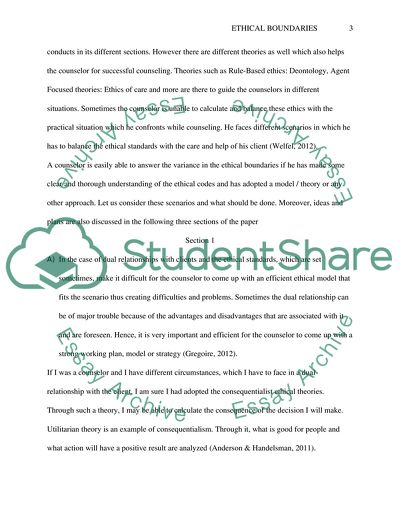Cite this document
(Counselor Ethical Boundaries and Practices Term Paper, n.d.)
Counselor Ethical Boundaries and Practices Term Paper. Retrieved from https://studentshare.org/psychology/1803134-counselor-ethical-boundaries-and-practices
Counselor Ethical Boundaries and Practices Term Paper. Retrieved from https://studentshare.org/psychology/1803134-counselor-ethical-boundaries-and-practices
(Counselor Ethical Boundaries and Practices Term Paper)
Counselor Ethical Boundaries and Practices Term Paper. https://studentshare.org/psychology/1803134-counselor-ethical-boundaries-and-practices.
Counselor Ethical Boundaries and Practices Term Paper. https://studentshare.org/psychology/1803134-counselor-ethical-boundaries-and-practices.
“Counselor Ethical Boundaries and Practices Term Paper”, n.d. https://studentshare.org/psychology/1803134-counselor-ethical-boundaries-and-practices.


